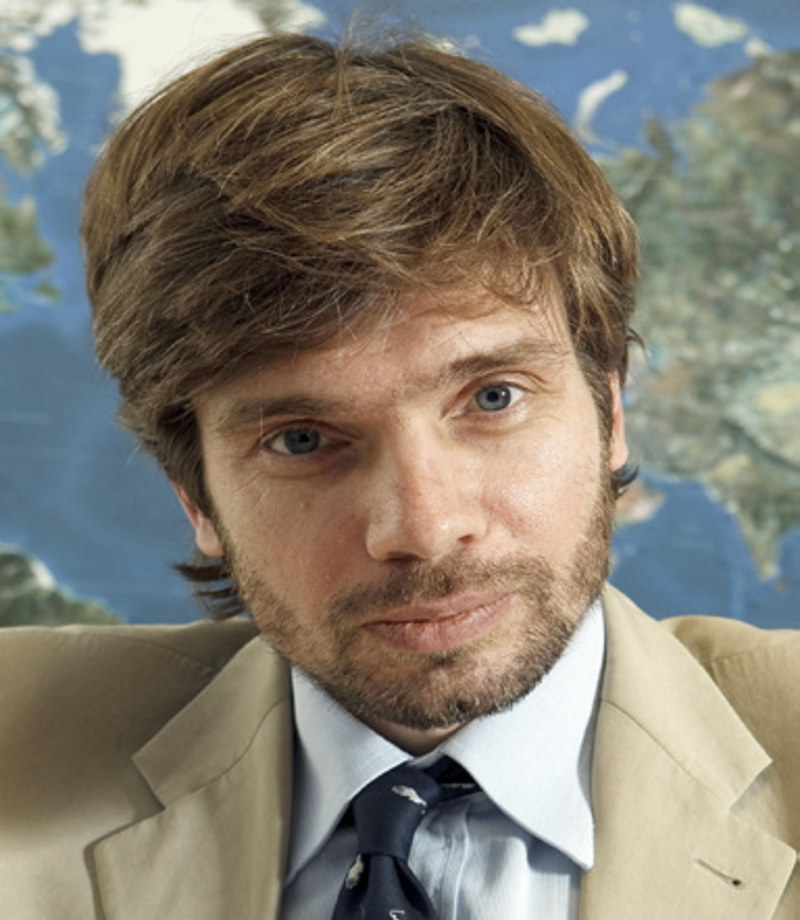This workshop aims to re-examine both the generic linkages between natural resources and 'democratisation', and the specific case of the oil exporting states of the Gulf – using the latter the throw light on the former. This is important for at least three reasons: (1) very little notice has been taken of Middle Eastern, and especially Gulf, case studies, in the broader literature on the subject; (2) the region has long presented a peculiar case, with exceptional resources combined with apparently exceptional resilience of traditional systems; and, not least, (3) these economies are arguably undergoing a slow evolution beyond pure rentierism, while possible emerging new socio-political trends may be in part linked to this. Both empirically and conceptually, then, a significant contribution remains to be made. The literature on the link between resources and democracy is both wide and diverse, and contested. It ranges from suggested links between wealth and democracy, to the opposite suggestion in early rentierism literature on the Middle East where rentierism was claimed to be a key factor in explaining the absence of political participation at the same time as the survival of regimes1 Oil wealth in particular, and natural resource wealth more generally, have been argued, for instance by Terry Karl, to almost inexorably lead to authoritarian / autocratic government, or at least to be negatively correlated with 'democracy', 'democratisation', or more broadly, political participation and accountability.2 The nature of such links, the mechanisms explaining them, and the variables that support them, intervene, or cut across them, remain incompletely understood. So does the extent to which hydrocarbon-based rentierism itself remains an adequate description of the GCC economies, and even more so of their political economies. Some recent work on the GCC economies has suggested that fledging shifts are indeed occurring that are changing the nature of at least parts of these economies.3 At the same time, some recent work on these countries' political evolution has raised the question whether they need always remain stuck in the 'liberalised autocracy' stage at best, or might have medium or longer term possibilities of moving beyond this.4 Even in the current phase of more or less liberalising autocracy, does the evidence from the GCC force us to re-visit Karl's view?
3 DAYS / 12 Workshops
MORE THAN 300 ACADEMIC PAPERS
This workshop sets out to re-examine the linkages between natural resources – and in particular
hydrocarbon fuel resources – and political liberalization/democratization, as illustrated by the
case of the Gulf States. Very little notice has been taken of Middle Eastern, and especially Gulf,
case studies in the broader literature on the subject. The region has long presented a peculiar
case, with exceptional resources combining with apparently exceptional resilience of
traditional systems. Moreover, these economies are arguably undergoing a slow evolution
beyond pure rentierism, while possible emerging new socio-political trends may be in part
linked to this. The workshop aims to make both an empirical and conceptual contribution to
these questions.

